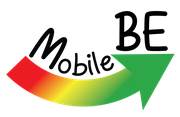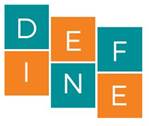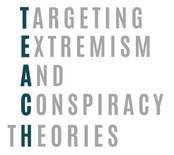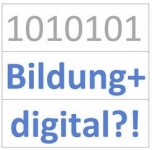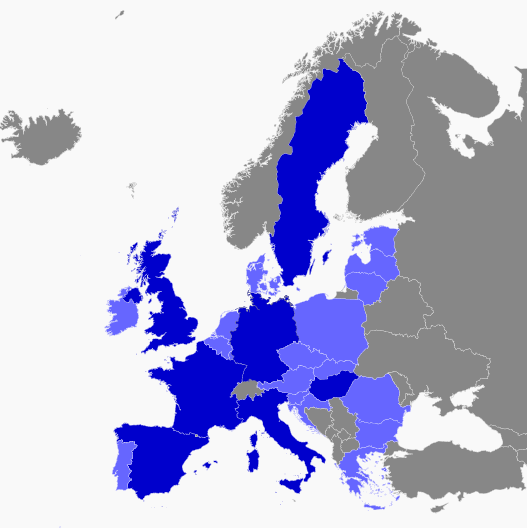The eight organsiations running the HYS project are also active in other Erasmus+ projects. Here we present a selection of them.
In MobileBE, eight adult education organisations from seven European countries develop new learning opportunities for people in need of basic education, especially people who are in particularly demanding situations in terms of employment, family, etc. Each partner organisation in the project develops and tests two different new approaches for offering learning opportunities in various fields of basic education. Basic education typically includes reading, writing, everyday maths, but also linguistic and social skills.
European project under the motto "Open adult education institutions - working and learning in a diverse environment to promote equality".
In order to improve the current insufficient participation of adults in learning in partner countries and across Europe, we need to provide high-quality education opportunities and identify main barriers that hinder participation and persistence of adults in learning. The aim of the project is to address problems and difficulties and respond to the needs of adult education providers and adult learners.
Read more: STEMS - Supporting Teachers and Staff in Motivating Adult Learners
Digitalized Financial Education for Seniors
Recent studies show that while younger people use online banking as a matter of course, most older people still prefer to go to the bank. In times of decreasing branch density, however, the use of online banking becomes unavoidable, especially for seniors with less mobility.
TEACH is the acronym of the Erasmus+ project Targeting Extremism and Conspiracy Theories.
The project aims to identify the needs of institutions in adult education for dealing with conspiracy-theoretical mindsets. A transnational and multidisciplinary team of experts from theory and practice in adult education develops instruments for measuring and continuous monitoring of the presence of conspiracy theories among participants of adult education classes. In a second step, a methodology is to be developed, aiming to enable educators to handle and to react to conspiracy beliefs they face in their environment. Special emphasis will be placed on European cooperation in order to ensure that the projects´ products can be applied in all EU countries.
With the coronavirus pandemic from 2020 on, educational institutions were suddenly faced with the question of how courses and teaching could continue despite the lockdown. One solution was to switch to online teaching.
REMOKING is an Erasmus+ fundet project aiming at providing materials for teachers to help them transition from traditional classroom teaching to various forms of online teching - where needed or desired.
Read more: Remoking - Impact of remote working ontraining and teaching practice
In the "Bildung+digital?!" project, eight adult education organisations from seven European countries come together in order to share their experience with introducing "digital" methods into their everyday work and especially their learning and teaching.



